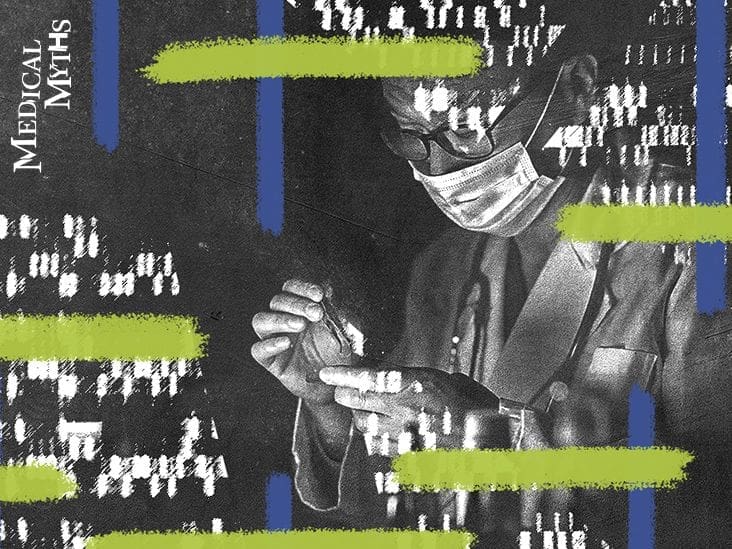Exploring the realities behind 12 common claims about irritable bowel syndrome, two experts offer insights into this often misunderstood condition.
Irritable Bowel Syndrome (IBS), a chronic gastrointestinal disorder impacting approximately 11% of adults worldwide, is regularly shrouded in misconceptions. This comprehensive analysis counters several pervasive myths by consulting experts in the field.
One prevailing notion is that the etiology of IBS is well-understood. However, Dr. Ashkan Farhadi highlights that while certain foods can trigger symptoms, they do not cause the disorder. Interestingly, post-infectious IBS may be triggered by bacteria like Campylobacter jejuni.
The belief that stress directly causes IBS is another fallacy. Recent studies suggest the gut-brain axis is influenced by stress levels, altering gut functioning. Dr. Farhadi elaborates that stress alters gut anatomy, which can prolong IBS symptoms beyond stressful periods, suggesting a complex interaction rather than a direct cause.
Contrary to popular belief, diagnosing IBS does not necessitate complex tests. According to Dr. Farhadi and Dr. Mollie J. Jackson, the Rome IV criteria offer reliable diagnostic guidelines based on symptom reports rather than elaborate testing, demonstrating 97% accuracy over five years.
The notion of a cure for IBS remains a myth. While treatments vary, combining medication and lifestyle changes can manage symptoms effectively. Dr. Farhadi emphasizes that, despite trial and error with treatments, no definitive cure exists, with many medications providing short-term relief.
Another misconception is the rarity of IBS and its negligible impact on life quality. Dr. Jackson underscores its prevalence, affecting 10-15% of North American adults and potentially leading to significant life quality diminution. Some patients even express willingness to sacrifice years of life for a cure.
The efficiency of exercise in alleviating IBS is often overstated. Dr. Farhadi warns that not all exercise is beneficial, as some forms, like competitive sports or intensive running, might exacerbate symptoms rather than alleviate them.
Meditation’s role in managing IBS is a subject of ongoing study. Dr. Jackson notes the potential benefits of gut-directed psychotherapies and how meditation might positively influence IBS symptoms, although effects can vary by individual.
The effectiveness of eliminating lactose to treat IBS is contentious. While some individuals report relief from cutting dairy, there is no universal link between lactose intolerance and IBS. Dr. Jackson recommends a tailored approach, possibly involving a low FODMAP diet to identify personal triggers.
Natural treatments, including peppermint and cardamom, offer possible relief but lack comprehensive research validation. Dr. Farhadi advises caution with strong chemicals and suggests trying mild herbal options, always under medical guidance.
Fasting is not a cure-all for IBS symptoms. Dr. Farhadi explains that while symptom frequency might decrease with reduced meal intake, fasting isn’t the optimal solution for managing IBS.
Fiber is thought to aid IBS, particularly with constipation, yet excess can worsen bloating. Dr. Farhadi suggests moderated, prebiotic-rich fiber, like psyllium, combined with probiotics for balanced results.
Lastly, there isn’t a specific diet universally applicable to IBS. Dr. Farhadi advises that dietary needs are individualistic and dynamic, varying with personal circumstances and stress levels, reinforcing the necessity for personalized dietary approaches.
Understanding the complexities of IBS and debunking misconceptions is crucial for effective management. Expert insights clarify that while diverse treatments and lifestyle adjustments can help manage symptoms, they aren’t universal solutions. Patients should seek professional medical advice to tailor their approach to their unique conditions.
Source: Medicalnewstoday














